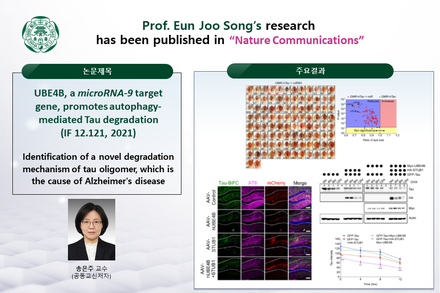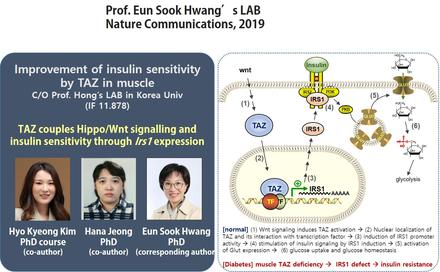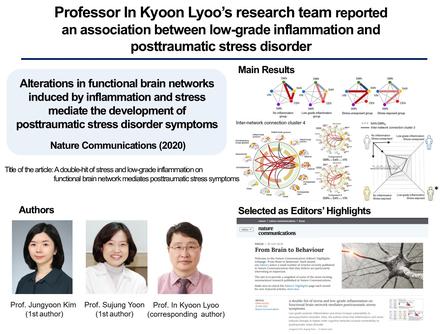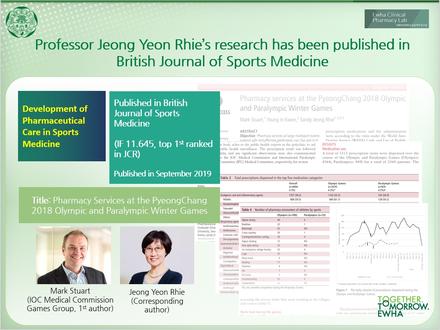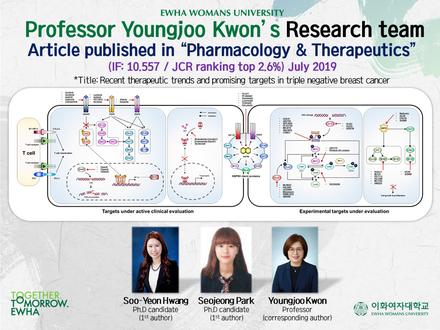-
Prof. Eun-Joo Song's research team discovered for the first time a new degradation mechanism of tau protein, which is known as an important cause of Alzheimer's disease,. This work was conducted through collaboration with the Korea Research Institute of Bioscience & Biotechnology(co-corresponding author Kweon Yu) and the Korea Institute of Science and Technology (co-corresponding author Hoon Ryu), and published in Nature Communications (IF 12.121). The paper was published on the 2nd of June in 2021. Alzheimer's disease is one of the most lethal degenerative brain diseases in modern people, and aggregation of tau protein together with amyloid beta is considered as one of the causes. In this study, in addition to CHIP, which ubiquitinates tau protein, UBE4B, an enzyme that significantly increases ubiquitination as an E3/E4 ligase, was newly discovered. When CHIP and UBE4B are overexpressed, tau oligomers are degraded not only in cells but also in animal models. And we found that the tau protein is degraded mainly via autophagy pathway. This study suggested the possibility of developing new therapeutic agents using UBE4B as well as preventing Alzheimer's disease caused by tau aggregation and tauopathy, and it is expected to provide a very important clue in the future development of Alzheimer's drugs. This research was supported by the National Research Foundation of Korea (Basic Research Lab and Mid-level Researcher Support Project).
- 작성자약학대학
- 작성일2021.06.11
- 조회수705
-
- 작성자약학대학
- 작성일2020.09.29
- 조회수724
-
- 작성자약학대학
- 작성일2020.09.28
- 조회수719
-
- 작성자약학대학
- 작성일2020.09.28
- 조회수465
-
- 작성자약학대학
- 작성일2020.09.28
- 조회수380

